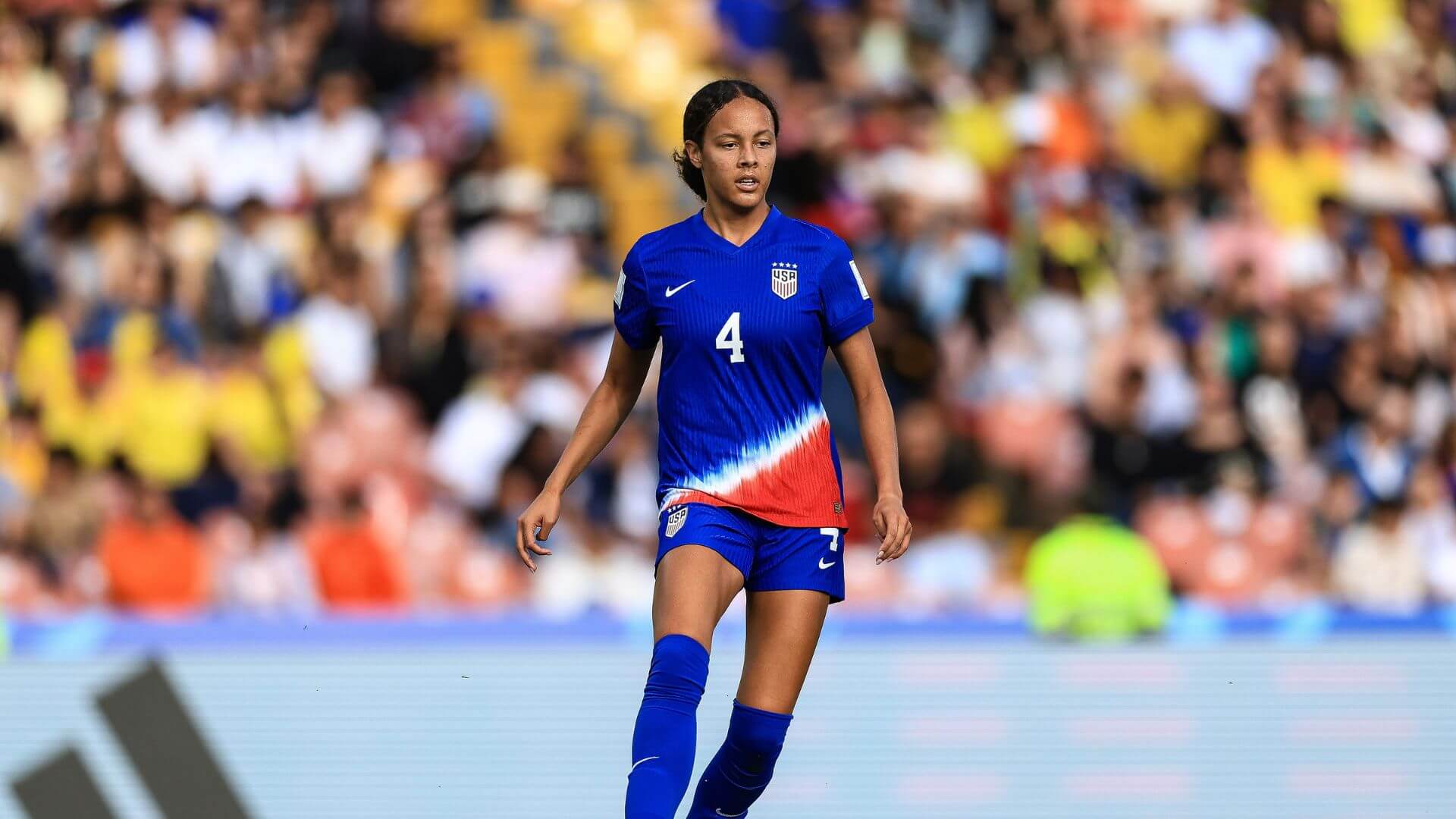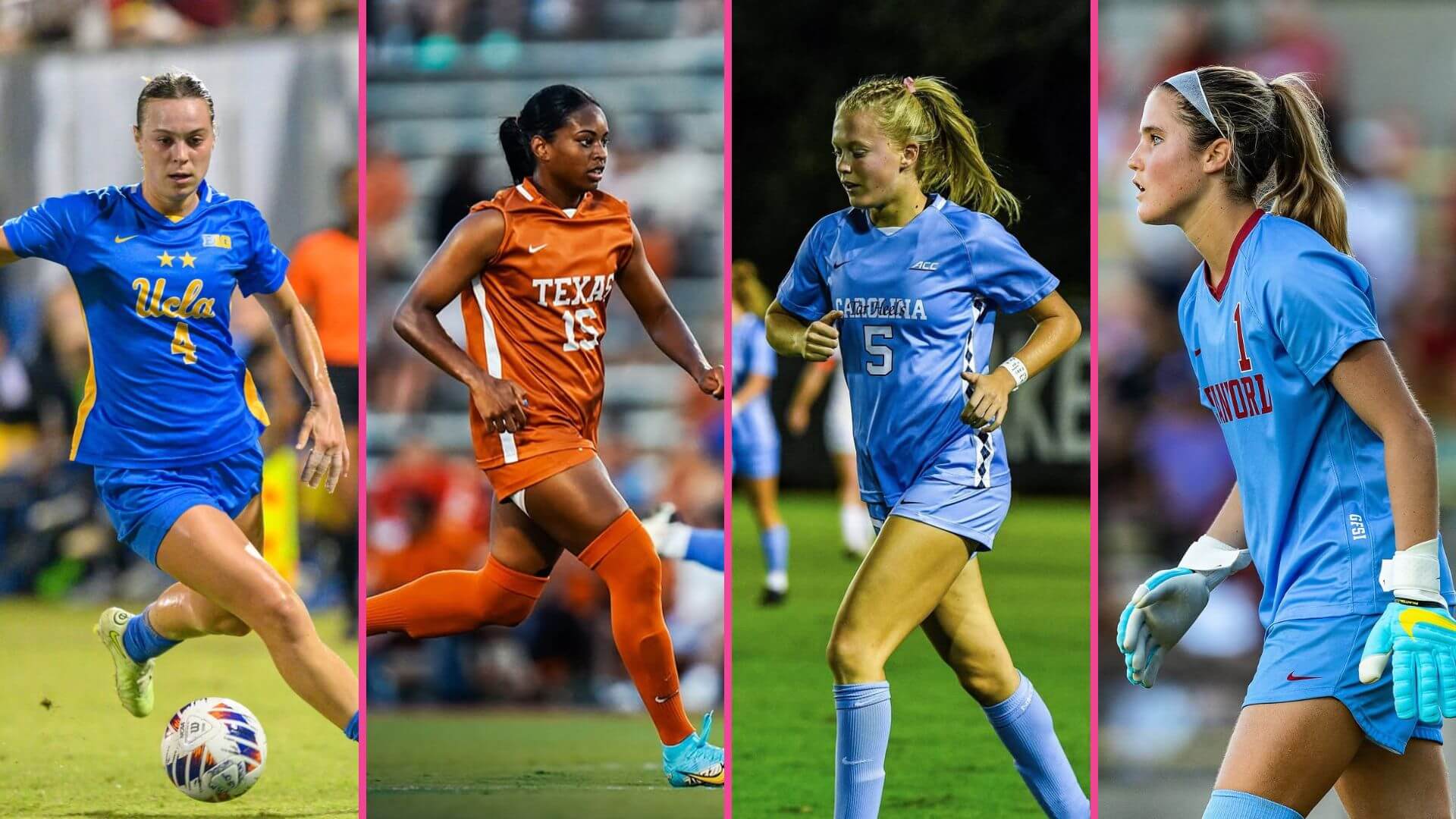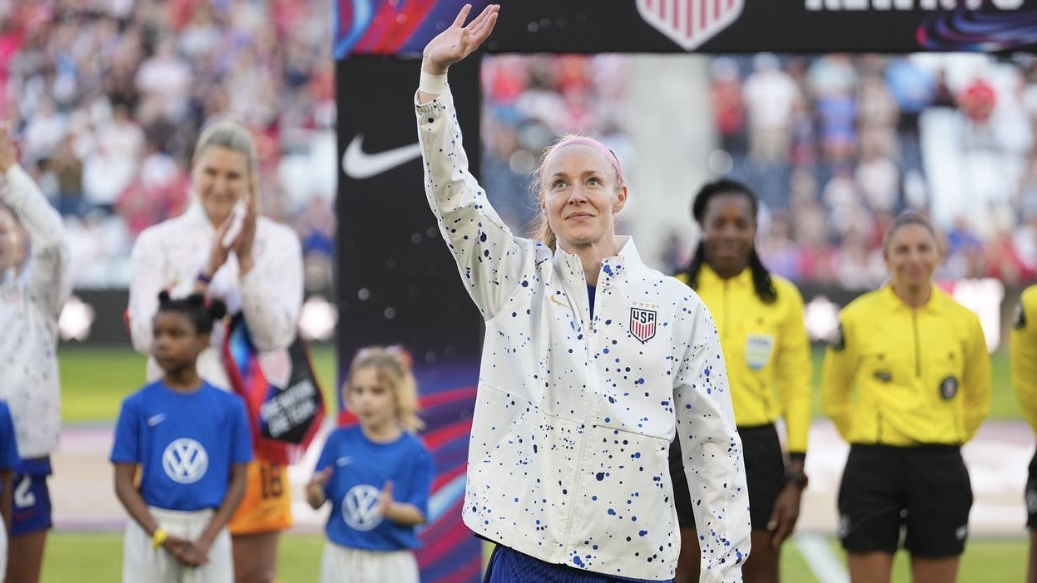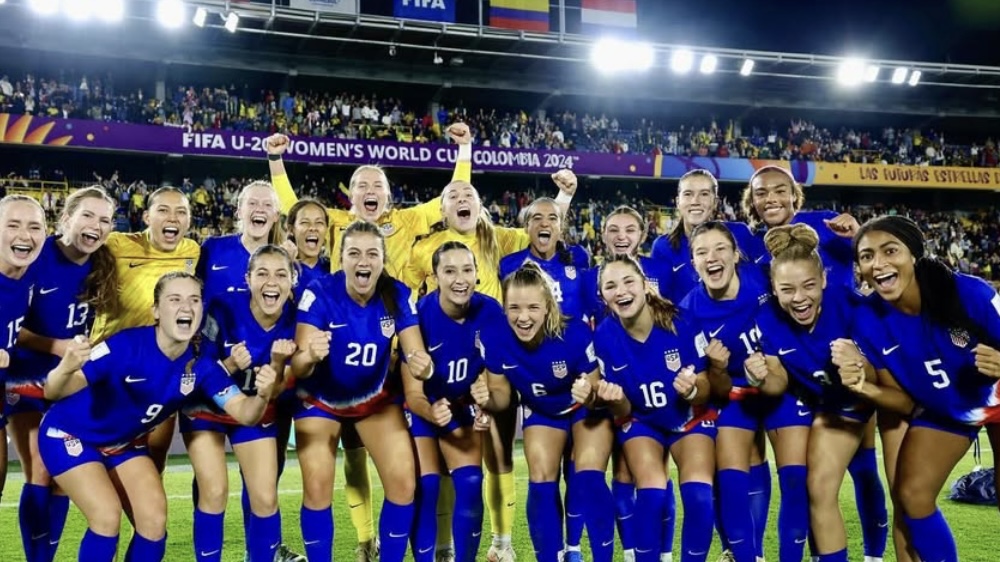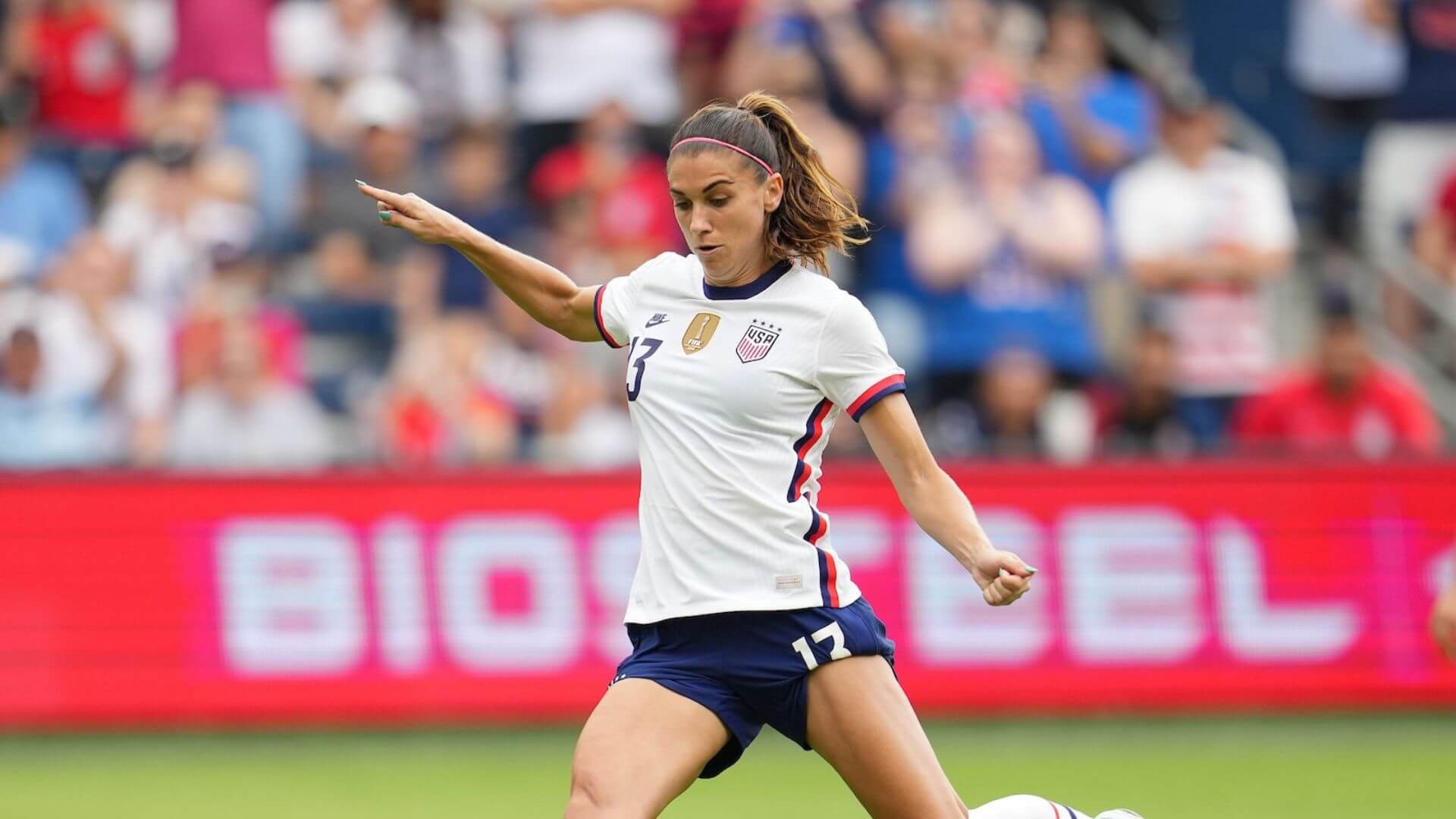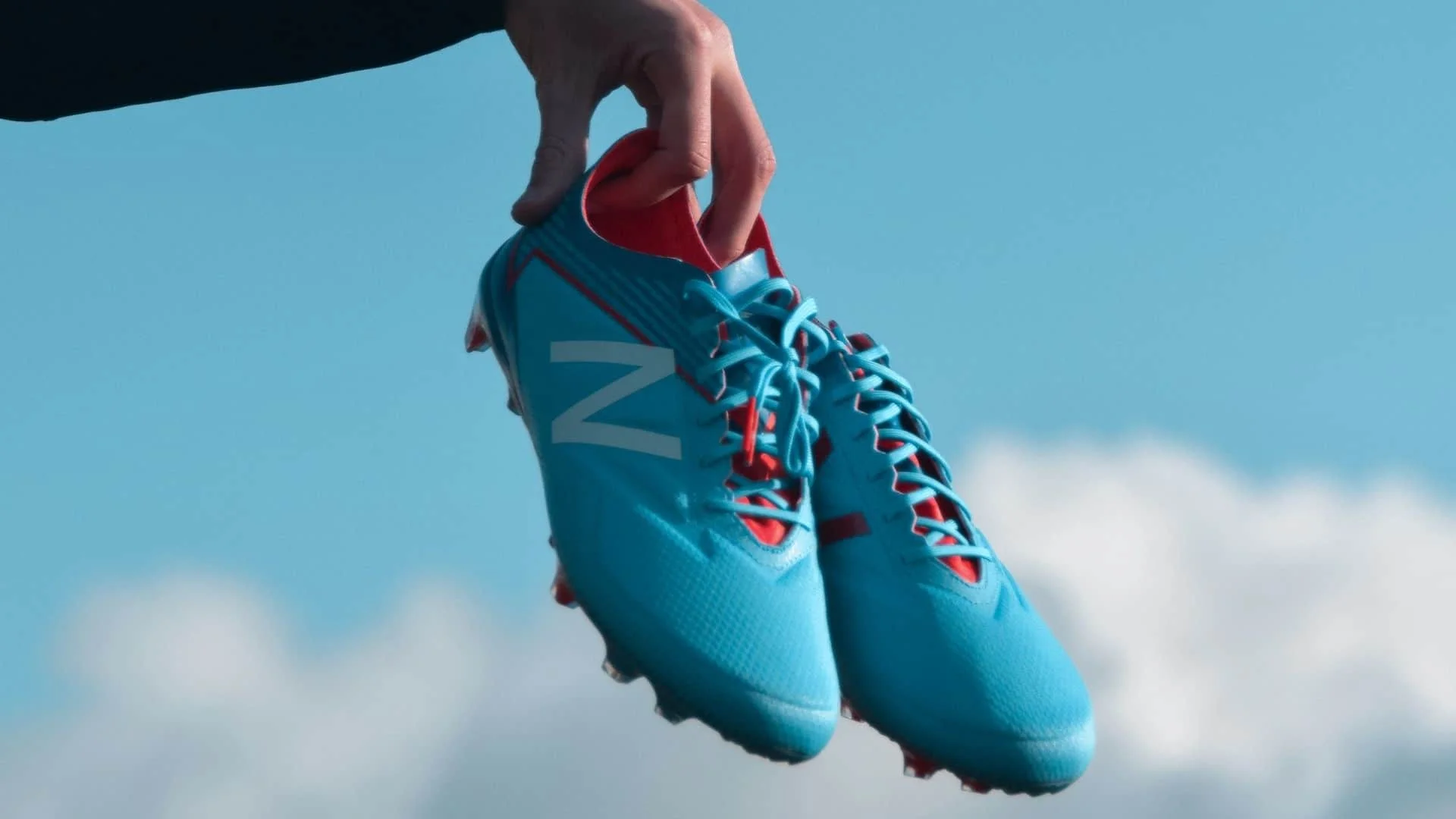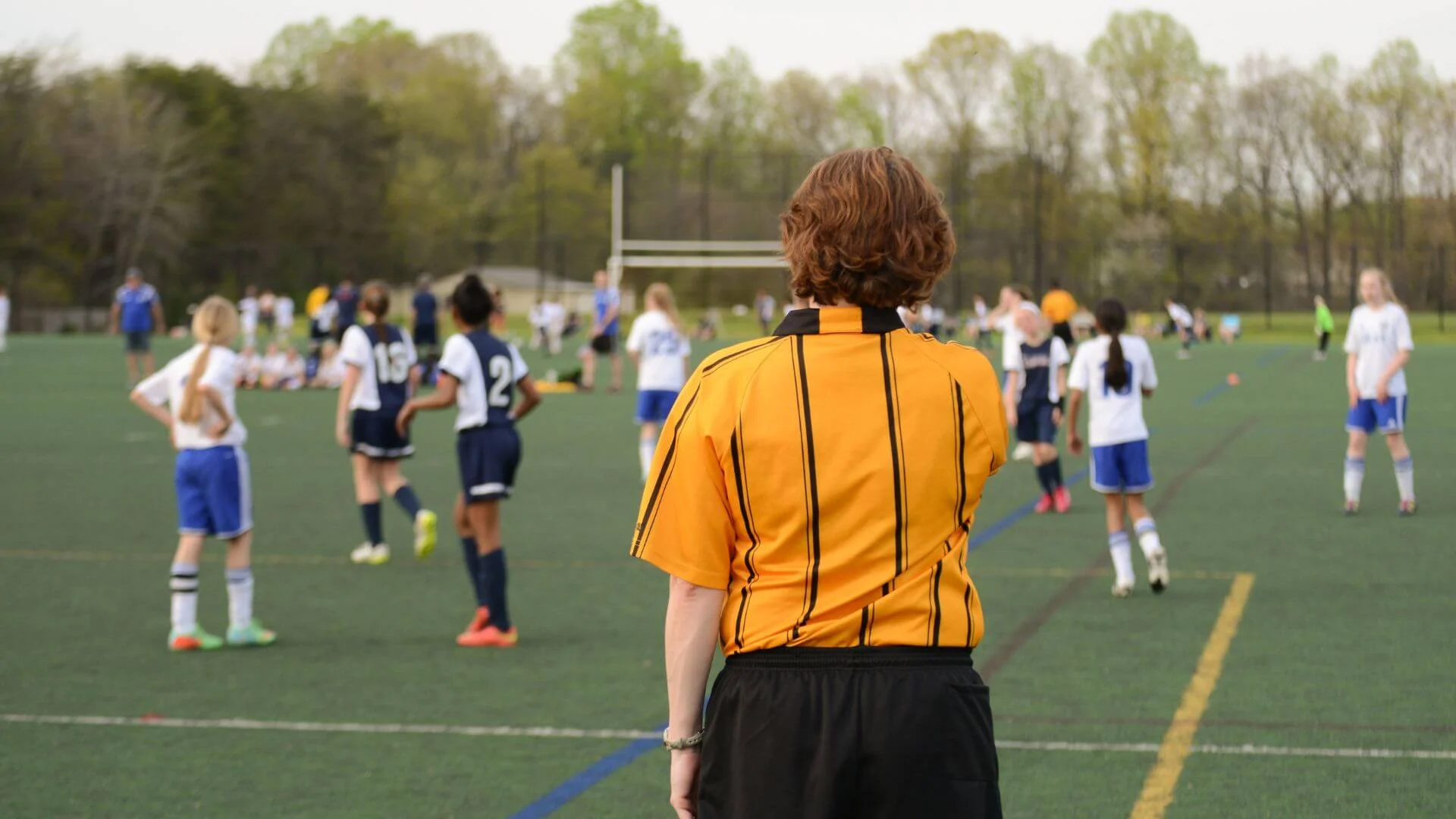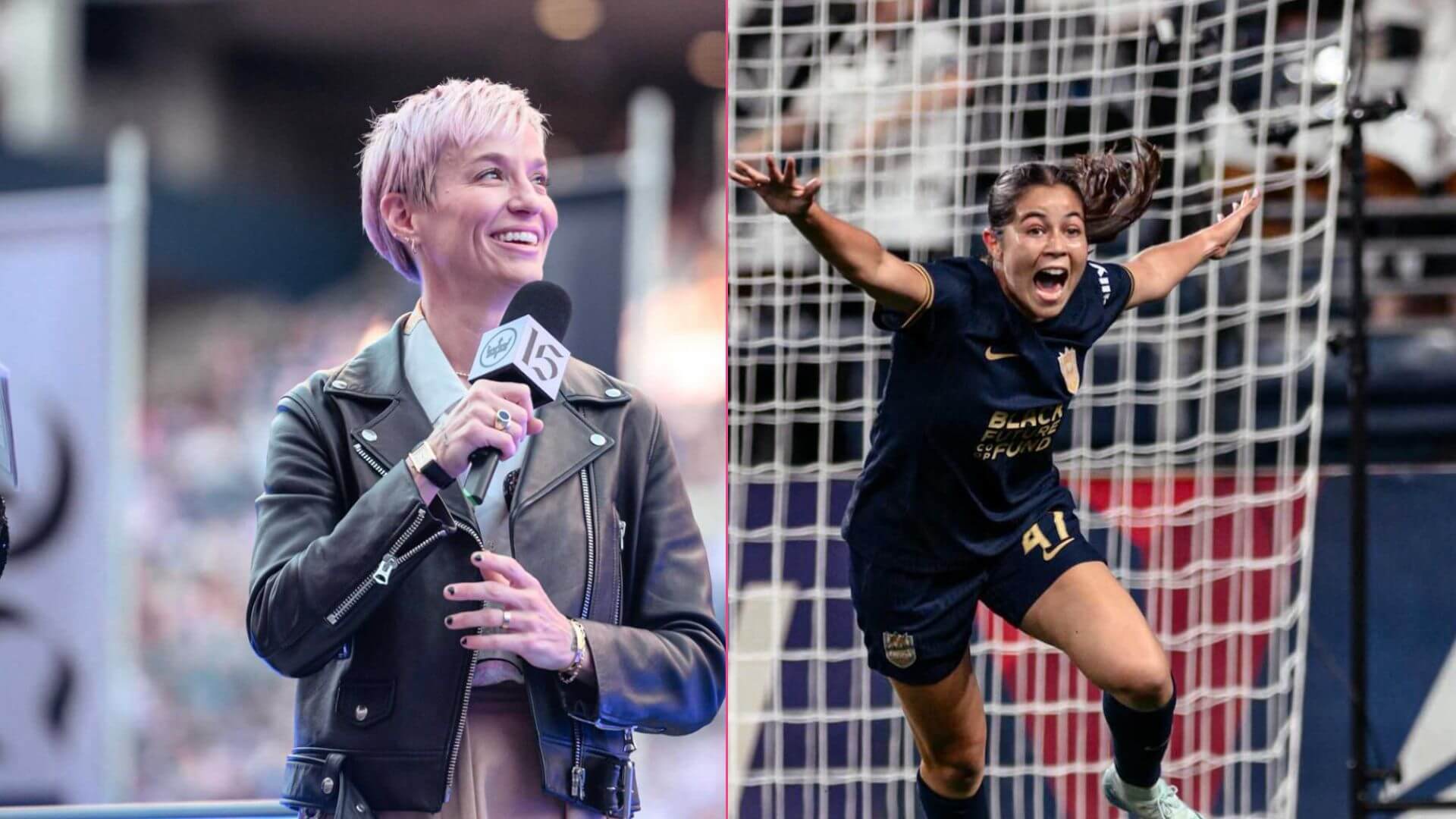Inside The College Athlete Pay Debate
College athletes bring in millions of revenue for their schools, their coaches, the NCAA, and other organizations and executives. Yet, up until recently, the NCAA has prohibited paying college athletes themselves, leading to the heated college athlete pay debate
In 2020, the NCAA ruled that college athletes will now be able to profit from their likeness. Up until this decision, the NCAA prohibited college athletes from making any money from sponsorships, endorsements, advertisements, social media, or any other means of monetizing their image. This includes making money from a part-time job. Scholarships and other school-related expenses from the college or university have been the only permitted payment to student-athletes.
This debate began to see some action in 2019. California changed its rules to allow college athletes to earn money. Following California, other states, and eventually, the NCAA began to examine this topic further.
Those who oppose paying college athletes argue that it will take the spirit of amateurism away from college sports. However, those who support the change say that college athletes were being taken advantage of under the old system.
The Argument Against
Critics of enabling college athletes to profit off their likeness argue that permitting the payment of college athletes will take away the amateur spirit of college sports and change it into professional athletics.
Additionally, opposers argue that scholarships provided to college athletes from their schools are already a form of payment. Many college athletes are offered partial to full-ride scholarships to play sports, coverage for room and board, as well as other funding for their collegiate athletic careers. Critics contend that this is a form of compensation for college athletes and that the old system in place was fair.
Those who oppose paying college athletes point to the unfair advantage paying these athletes gives to those who are privileged enough to go to college. Paying college athletes can provide them with a boost and pave the way for them to advance to a professional athletic career. However, those who cannot play sports in college will be unable to garner this sort of payment to foster their professional athletic career.
The Argument For
Those in favor of the NCAA’s rule change argue that the old system exploited college athletes. College athletes bring in so much money for their institution, but none of their hard work actually pays them.
Also, supporters argue that college athletes shouldn’t be treated differently from non-college athletes. Since non-college athletes can monetize their likeness and image however they please, it should be the same for college athletes.
In relation to this, the old system prohibited college athletes from making money of any kind. This included working a part-time gig or making money from sponsorships on social media. Supporters contend that college athletes should be allowed the opportunity to make money from their passions besides sports.
Another point that those in favor of the new rule make is about female collegiate athletes (including some of the top collegiate women’s soccer players). Particularly for women, there is less opportunity to advance into professional sports. The added profit from college time is highly beneficial and could even serve as a similar monetary opportunity.
What the NCAA’s Change Means for College Athletes
Overall, it looks like the NCAA will follow the individual states with this debate. The change will go into effect for the 2021/2022 academic year.
To regulate the new change, the NCAA has made clear statements to say that college athletes will not be treated as employees of their school. There must be distinctions between collegiate and professional opportunities when it comes to the payment of college athletes. The permission of college athletes to make money from their likeness will most likely take the form of small promotions here and there and not a full-time job.
Now that the NCAA will allow college athletes to be paid, many can begin to earn money from their passions outside of sports. Specifically for female college athletes, this new change will create opportunities for advancement and monetary benefit despite fewer opportunities for professional sports careers.
Featured Image via @uvawomenssoccer on Instagram



